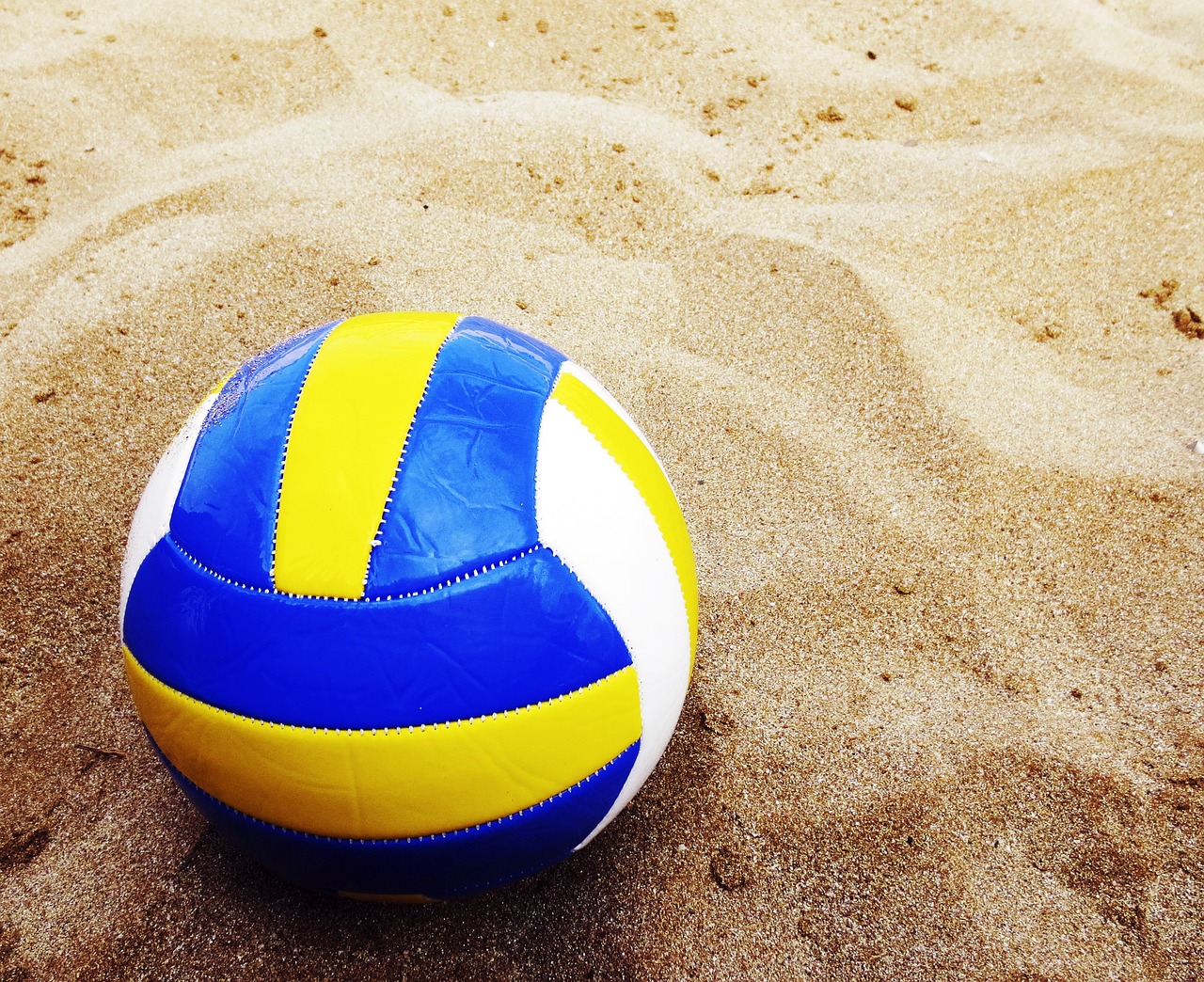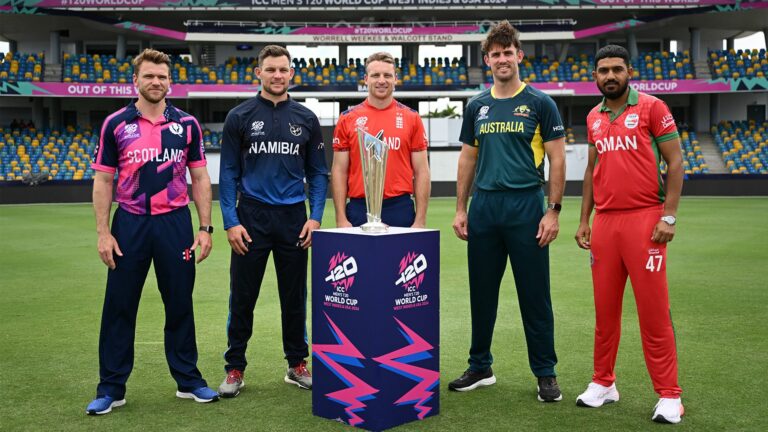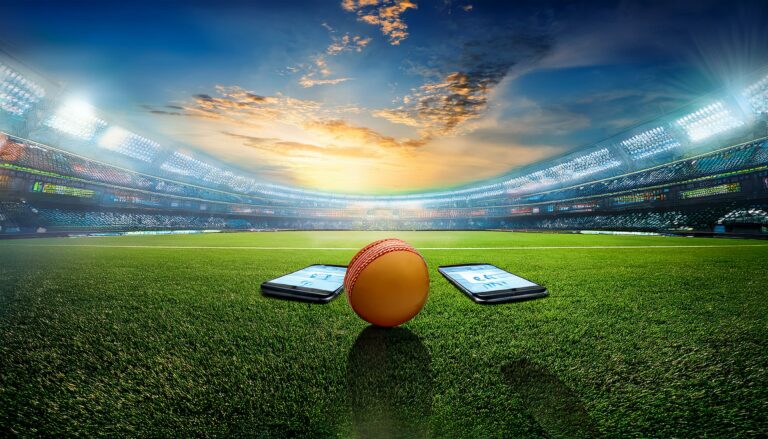Cricket and Disability Inclusion: Adaptive Sports Programs
Sky247, Sky247 Login: Disabled individuals often encounter barriers when trying to participate in traditional sports programs. Lack of accessibility in terms of facilities and equipment can pose significant challenges. Many sports venues may not be equipped with ramps, elevators, or other accommodations needed for individuals with physical disabilities to easily navigate the space. This can lead to feelings of exclusion and frustration, as individuals may struggle to even enter the sports facility, let alone participate in the activities.
Moreover, the attitudes and perceptions of others involved in traditional sports programs can also create obstacles for disabled individuals. Discrimination and lack of understanding about different types of disabilities can result in limited opportunities for participation. Individuals with disabilities may face stereotyping or assumptions about their abilities, which can be disheartening and discouraging. These negative perceptions can further hinder their integration into traditional sports programs, impacting their overall well-being and sense of belonging.
Benefits of Adaptive Sports Programs for Individuals with Disabilities
Engaging in adaptive sports programs can significantly improve the physical and mental well-being of individuals with disabilities. These programs not only provide a platform for participants to enhance their physical fitness and skills but also promote social inclusion and a sense of community among the athletes. Through adaptive sports, individuals can build self-confidence and establish meaningful connections with others who share similar experiences and challenges.
Furthermore, adaptive sports programs offer a supportive environment where participants can push their boundaries and set personal goals. The structure and guidance provided in these programs enable individuals with disabilities to explore their capabilities in a safe and empowering setting. Whether it’s through individual or team sports, adaptive programs foster a sense of accomplishment and resilience in participants, helping them overcome obstacles and thrive in their athletic pursuits.
What are some common challenges faced by individuals with disabilities in traditional sports programs?
Some common challenges include lack of accessibility to facilities, limited equipment options, and a lack of trained coaches who understand their unique needs.
How can adaptive sports programs benefit individuals with disabilities?
Adaptive sports programs provide a supportive and inclusive environment, promote physical activity and overall health, improve self-esteem and confidence, and help individuals develop new skills and social connections.
Are adaptive sports programs suitable for all types of disabilities?
Yes, adaptive sports programs are designed to accommodate a wide range of disabilities, including physical, sensory, and intellectual disabilities. There are programs tailored to meet the needs of individuals with various abilities.
How can individuals with disabilities find adaptive sports programs in their area?
Individuals can reach out to local disability organizations, community centers, or sports clubs for information on adaptive sports programs available in their area. They can also search online for resources and directories of adaptive sports programs.
Are adaptive sports programs only for competitive athletes?
No, adaptive sports programs cater to individuals of all skill levels and interests. While some programs focus on competitive sports, others offer recreational opportunities for individuals to participate in a fun and supportive environment.






